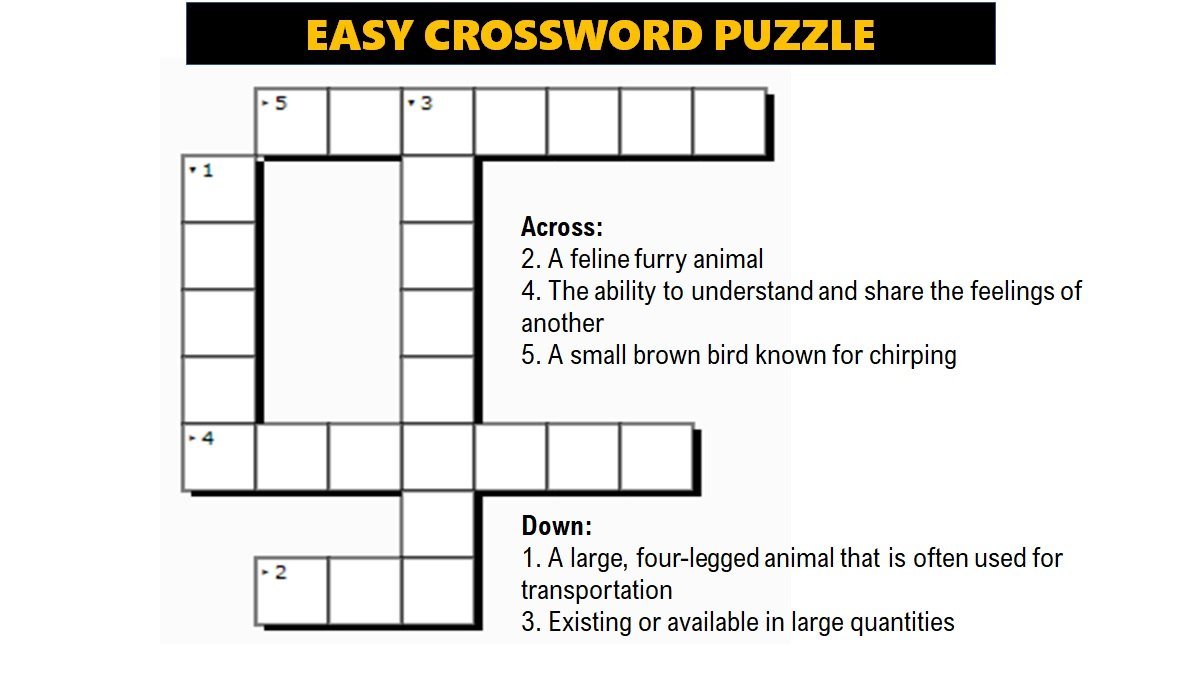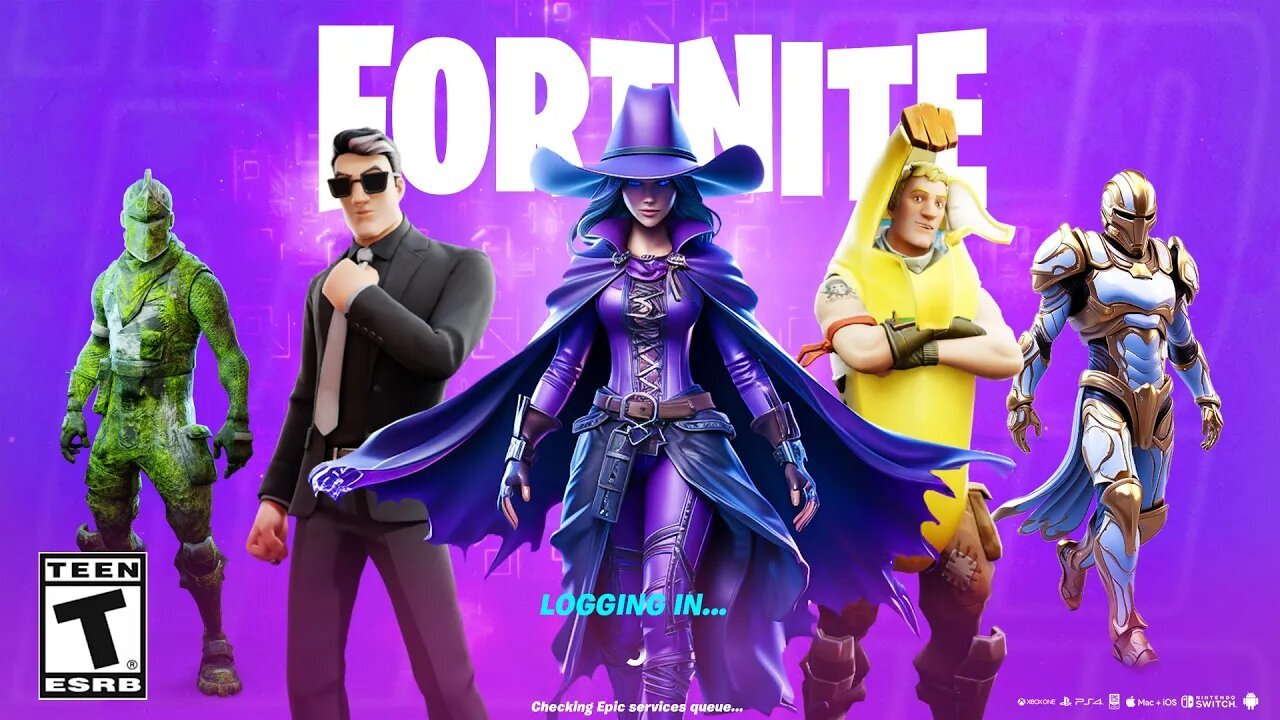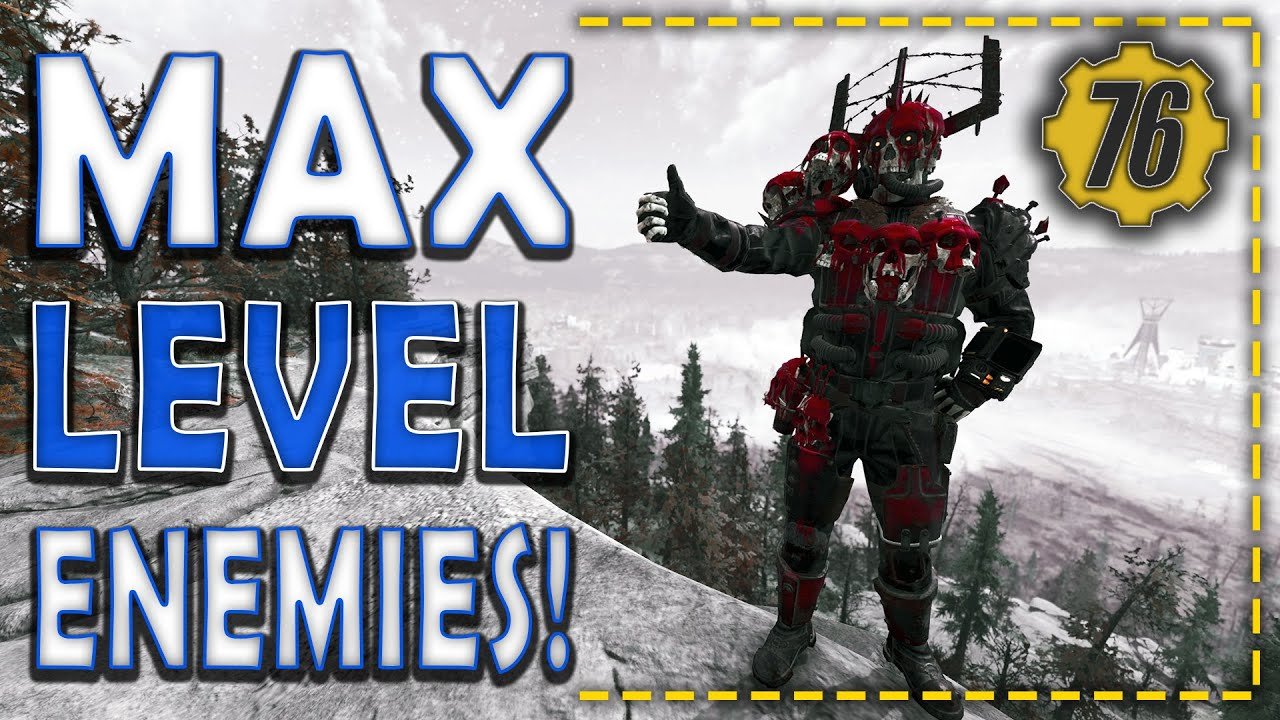A Deep Dive into the World of Crosswords
Crosswords have been a beloved pastime for generations, captivating minds and providing hours of entertainment. Whether you’re a casual solver or an experienced cruciverbalist (yes, that’s the fancy name for crossword enthusiasts!), crosswords are much more than just a game—they are a delightful exercise for your brain, a window into history, and even a source of joy and connection.
In this article, we’ll explore everything there is to know about crosswords. From their history and benefits to tips on solving them, this guide will show why the Crossword remains a timeless classic. Let’s dive in!
What is a Crossword?
At its core, a crossword is a word puzzle. It consists of a square or rectangular grid filled with blank squares. The objective is to fill these squares with words that fit specific clues. Words are arranged horizontally (across) and vertically (down), with each word intersecting at least one other word.
Crosswords come in a variety of sizes, themes, and difficulty levels. From simple puzzles for beginners to cryptic crosswords that challenge even the sharpest minds, there’s something for everyone. But no matter the type, solving a crossword is always an immensely satisfying experience!
A Brief History of Crosswords
Did you know the first-ever crossword puzzle was published over 100 years ago? The Crossword as we know it today began in 1913 when journalist Arthur Wynne created a word puzzle for the New York World newspaper. His creation, titled “Word-Cross,” was an instant hit. Over time, the name was flipped to “crossword,” and a global phenomenon was born.
By the 1920s, crossword puzzles had become a cultural sensation in the United States. Newspapers began regularly publishing crosswords, and in 1924, the first-ever crossword puzzle book was released by Simon & Schuster. The Crossword even became a staple during World War II, with soldiers solving puzzles to pass the time and keep their minds sharp.
The Benefits of Solving Crosswords
Solving a crossword is more than just fun—it’s also perfect for you! Let’s look at the benefits of crosswords and why they should be part of your daily routine:
- Boosts Brainpower
Crosswords are a mental workout. They challenge your vocabulary, memory, and problem-solving skills, keeping your brain active and healthy.
- Improves Vocabulary
As you solve crossword clues, you often encounter unfamiliar words. Over time, this helps you expand your vocabulary and learn new meanings.
- Enhances Focus
Focusing on solving a crossword clue requires concentration and attention to detail. This can improve your overall ability to focus on other areas of life.
- Reduces Stress
Crosswords can be a form of mindfulness. Immersing yourself in a puzzle allows you to disconnect from daily stressors and enjoy a moment of calm.
- Encourages Creativity
Many crossword clues involve wordplay, puns, and lateral thinking. Solving these puzzles stimulates creativity and encourages you to think outside the box.
Types of Crosswords
Crosswords come in many styles, each offering a unique challenge. Let’s explore the most popular types:
Type of CrosswordDescription
Standard Crossword: The classic grid puzzle with straightforward clues.
Cryptic Crossword Features riddles and wordplay-based clues that require lateral thinking.
Themed Crossword Contains answers and clues revolving around a specific topic, like movies, history, or sports.
Mini Crossword: A smaller, quicker version of the standard Crossword—perfect for those short on time.
Crossnumber Puzzles Similar to crosswords, the answers are numbers instead of words.
Diagramless Crossword: A more advanced puzzle where the grid layout isn’t provided—you must figure it out as you solve it!
Each type offers its challenges and rewards, so why not try them all?
How to Solve a Crossword Like a Pro
Crossword-solving can be daunting at first, but anyone can become a pro with practice and a few strategies. Here are some tips to help you on your crossword journey:
- Start with the Easy Clues
- Begin with the shorter, more straightforward clues or ones you’re confident about.
- Solving these will give you a foothold and help uncover intersecting letters for more challenging clues.
- Pay Attention to Word Length
- Every clue specifies the number of letters in the answer. Use this to narrow down possibilities.
- Look for Wordplay
- The clue might involve wordplay or puns if it seems tricky or ambiguous. Could you not take it too literally?
- Use the Intersecting Letters
- One of the best features of crosswords is that words intersect. Filling in the intersecting word can give you a helpful hint if you’re stuck on a clue.
- Think About Synonyms
- Many clues are simply synonyms of the answer. For example, a clue like “Large” might have an answer like “Big” or “Huge.”
- Take Breaks
- If you’re still trying to get started, don’t get frustrated. Step away from the puzzle for a while and return with fresh eyes—you might be surprised by what you notice!
Common Clues and Their Tricks
Crossword clues often rely on specific patterns and tricks to challenge solvers. Here are a few common clue types to look out for:
- Anagrams: Clues that involve rearranging letters to form the answer. Look for words like “scrambled” or “rearranged.”
- Example: “Scrambled ‘notes'” → Stone
- Homophones: Words that sound the same but are spelled differently. Look for phrases like “sounds like.”
- Example: “Sounds like a place to dock” → Pier (sounds like “peer”)
- Abbreviations: Clues that require abbreviations as answers.
- Example: “Doctor’s degree” → MD
- Double Meanings: Clues with answers that have more than one interpretation.
- Example: “Bolt” → Could mean run or fastener
Why Crosswords Are Timeless
The enduring popularity of crosswords lies in their versatility and universal appeal. They can be as straightforward or challenging as you like, making them accessible to all ages and skill levels.
Crosswords also adapt to the times. Today, you can solve crosswords on paper, online, or smartphone. Crossword apps like the New York Times Crossword or Puzzle Page have made solving more convenient. Plus, themed crosswords allow puzzle creators to explore niche topics, from pop culture to science.
But the true magic of the Crossword is its ability to unite people. Families often solve puzzles as a group, friends challenge each other to beat their times, and crossword competitions like the American Crossword Puzzle Tournament create a sense of community among enthusiasts.
Fun Facts About Crosswords
- The Guinness World Record for the most giant crossword puzzle was set in 2016 with a massive grid containing 91,000 squares!
- The longest word used in a crossword is the chemical name for titin, which has 189,819 letters. (Luckily, that was just a novelty!)
- Famous crossword creators are known as constructors and often hide their names or initials in their puzzles as a signature.
The Future of Crosswords
While the basic concept of the Crossword has remained unchanged for over a century, technology has opened new doors. Augmented reality and virtual crosswords could revolutionize how we interact with these puzzles. Imagine solving a crossword projected in your living room or competing with friends in real time in a virtual crossword arena!
Moreover, the rise of artificial intelligence has introduced AI-generated crosswords, which can create puzzles tailored to your preferences. But no matter how much technology evolves, the joy of cracking a tough clue or completing a grid will remain unchanged.
Conclusion
Crosswords are more than puzzles—they celebrate language, logic, and creativity. Whether you solve them for fun, mental exercise, or as a social activity, crosswords have something unique to offer everyone.
So, the next time you encounter a crossword, take a moment to appreciate the artistry behind it and the countless hours of enjoyment it can bring. As Arthur Wynne’s invention continues to evolve and inspire, one thing is sure: the Crossword is here to stay.
Grab a pencil (or open an app) and dive into your next crossword adventure—you never know what you’ll learn or discover!











Post Comment